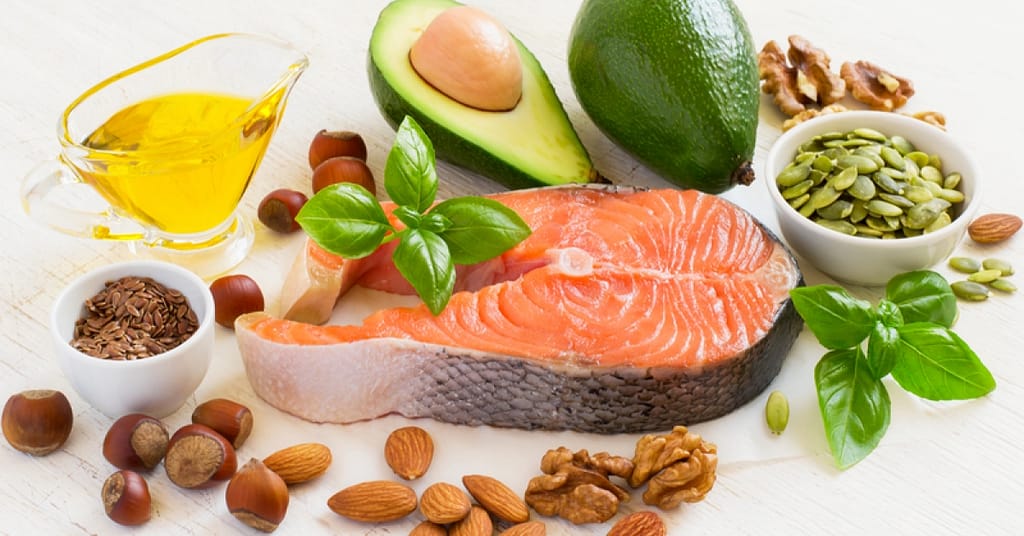(Carrick Pharmacy News) There’s good fat and bad fat when it comes to your diet. Here’s how to get more of the good stuff.
Despite popular nutrition advice from decades past, fat isn’t all bad. In fact, the fats found in vegetables, nuts, legumes, and some oils and fish are actually healthy in moderate amounts.
But how do you know whether you’re getting more good fat or more bad fat? By trying out these tips for getting more healthy fat in your diet.
1. Opt for Whole Foods
Processed foods are high in unhealthy saturated fats and, in some cases, really unhealthy trans fats. But whole foods, on the other hand, are often chock full of healthy polyunsaturated and monounsaturated fats.
To be clear, whole foods are foods that come to your pantry without changing forms. So, avocados, nuts, seeds and coconuts are whole foods that contain healthy fats, while bread and cheese are not.
2. Vegetable Oils, Not Butter
Butter is often the go-to fat source for cooking, but consider this: While butter is full of unsaturated fat, vegetable oils like olive oil, canola oil, grape seed oil, and avocado oil contain healthier fats and are just as good for cooking.
Using these vegetable oils in your cooking is a simple way to add more healthy fats and reduce unhealthy fats, and you’re unlikely to notice a difference in the look or taste of the food.
3. Nuts at Snack Time
Cashews, walnuts, pecans, peanuts and Brazil nuts are full of healthy fats. That makes them the perfect snack if you want to add more healthy fats to your daily diet.
The other benefit of snacking on nuts is that these foods come with lots of vitamins and minerals, making them a healthier choice than many sugary or salty processed snack foods.
4. Fatty Fish Over Red Meat
Fatty fish like salmon provides a healthy serving of healthy fats, as well as omega-3 fatty acids, which have been linked to all kinds of health benefits. While both fatty fish and red meat contain fat, red meat tends to contain much more saturated fat, while fish tends to contain the healthier fats in higher quantities.
5. Make Your Own Salad Dressing
If you eat a lot of salads, that’s great — you are likely getting lots of healthy greens and other vegetables. But you can make your salads healthier and tastier if you make your own salad dressing.
Instead of heavy, cream-based dressings that are packed with unhealthy fats, homemade dressing made from olive oil or a similar vegetable oil, lemon, vinegar, and herbs comes with a ton of flavor and a healthy amount of healthy fats.
Talk to your health care provider before making any major changes to your diet.



